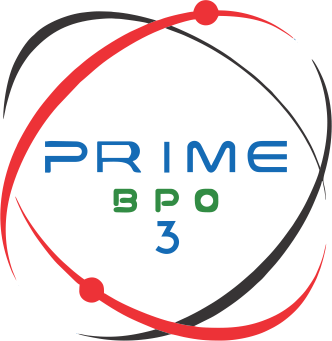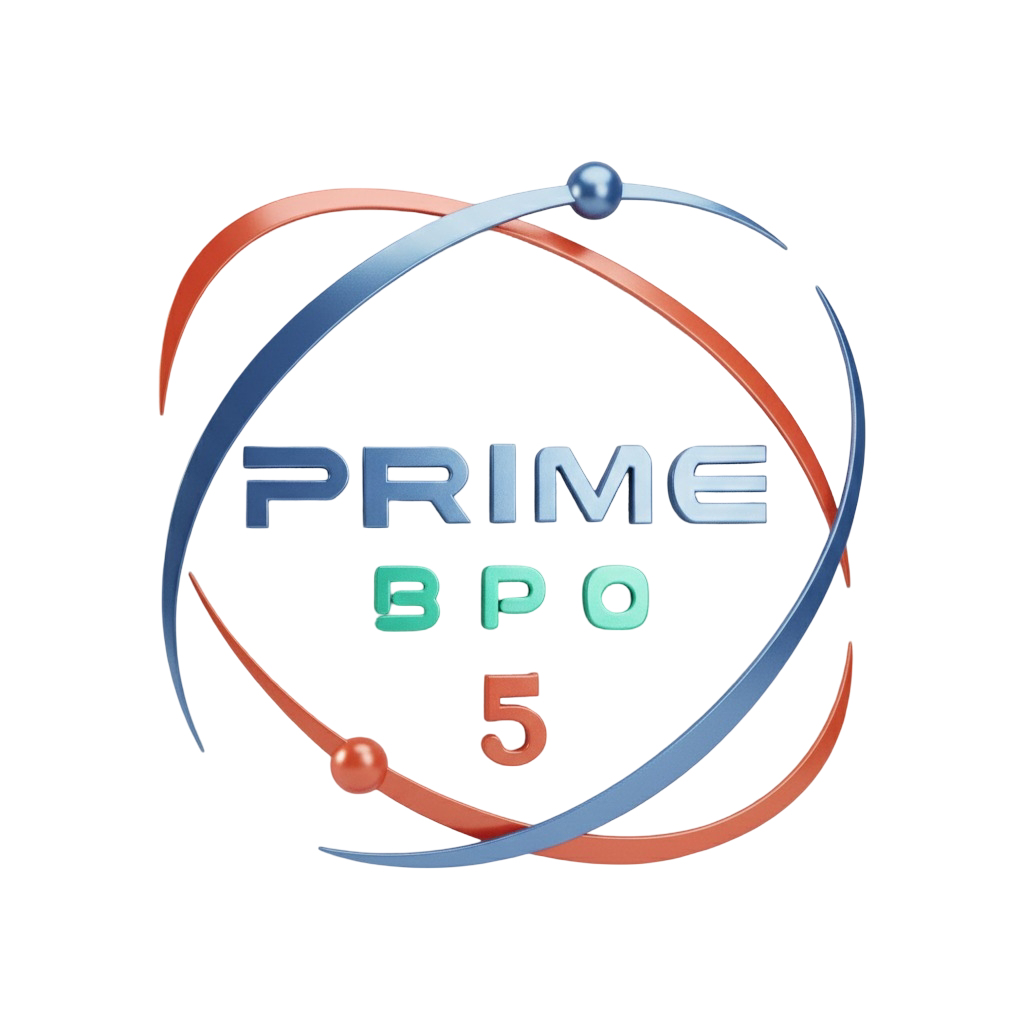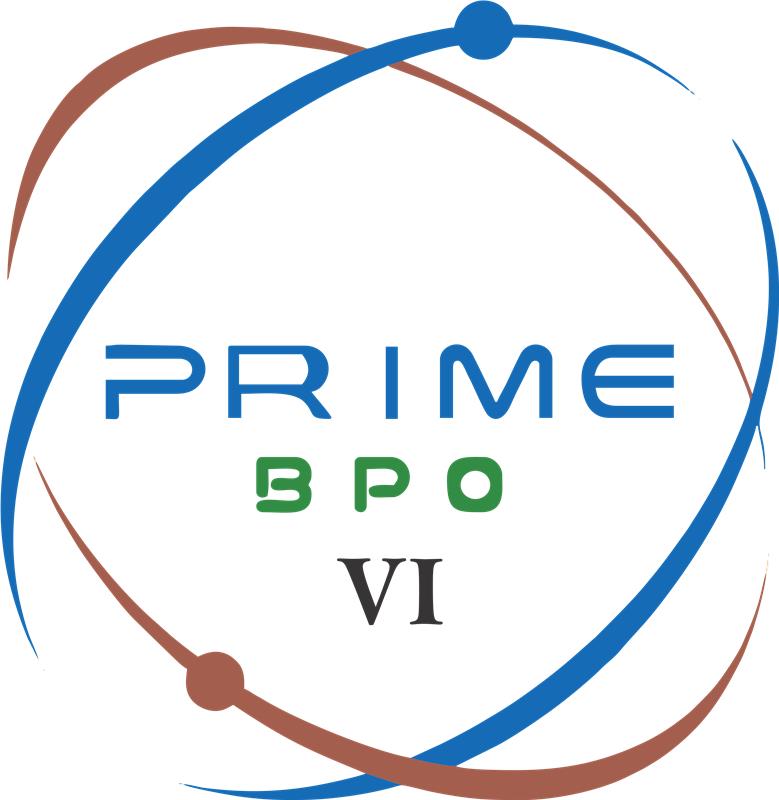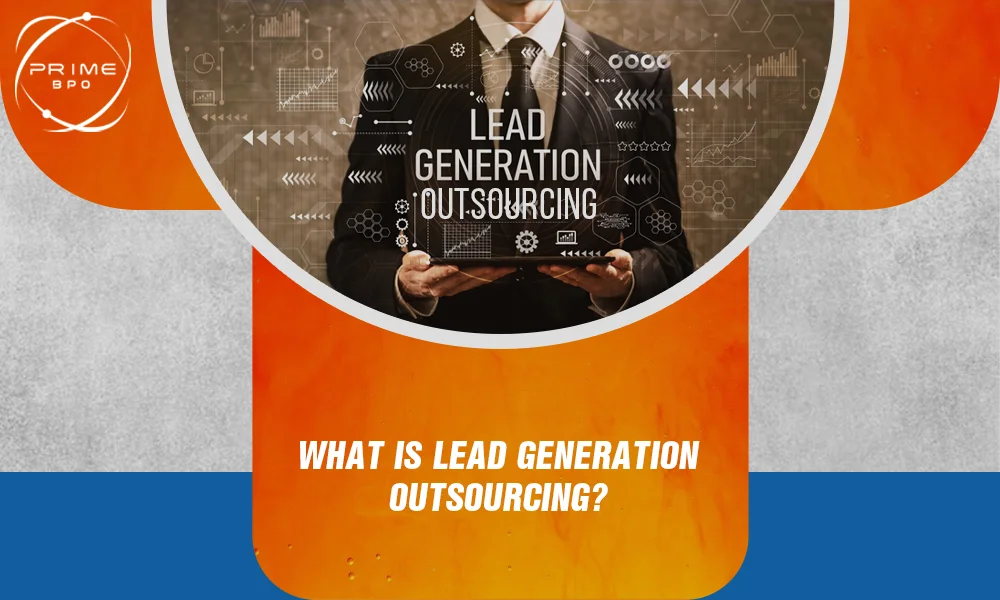If you’re hoping to increase your business in 2024, Lead Generation Outsourcing is a great place to start. In the dynamic business realm, where every lead holds growth potential, companies increasingly turn to strategic outsourcing to fuel their expansion. Lead Generation Outsourcing and B2B Demand Generation Outsourcing have emerged as powerful strategies, allowing businesses to tap into specialized expertise, optimize resources, and drive results.
Let's delve into the outsourcing world, exploring what Lead Generation Outsourcing entails, how it intertwines with B2B lead generation, and the transformative impact of outsourcing demand generation.
What is Lead Generation Outsourcing?
Lead Generation Outsourcing is a strategic practice where companies entrust identifying and cultivating potential customers to external experts. It's a collaborative partnership between businesses and specialized agencies that excel in deploying targeted strategies to generate high-quality leads. By outsourcing this critical function, companies can concentrate on their core competencies while benefiting from the expertise and scalability external agencies bring. From telemarketing to digital campaigns, Lead Generation Outsourcing streamlines the sales funnel, ensuring a continuous flow of prospects.
Is lead generation Outsourcing profitable?
Lead generation outsourcing can be highly profitable for businesses when implemented strategically. Here are some key factors to consider:
Cost Efficiency:
Outsourcing lead generation often proves cost-effective compared to maintaining an in-house team. External agencies can leverage economies of scale, reducing overall hiring, training, and infrastructure costs.
Expertise and Specialization:
Outsourced lead generation providers specialize in the field. With their experience and industry knowledge, they bring a wealth of best practices to the project. This expertise can result in more effective lead generation strategies and higher-quality leads.
Focus on Core Competencies:
By outsourcing lead generation, businesses can redirect their internal resources and focus on core competencies. This allows for increased efficiency and productivity in areas where the company excels.
Scalability:
Outsourcing provides the flexibility to scale lead generation efforts based on business needs. External agencies can quickly adjust resources to accommodate demand or business growth changes.
Access to Technology and Tools:
Lead generation outsourcing often includes access to advanced technologies and tools that may be expensive for a business to invest independently. This can enhance the efficiency and effectiveness of lead generation campaigns.
Global Reach:
Outsourced providers may have a broader reach, especially if they operate globally. This can benefit businesses looking to expand their market presence and attract leads from different regions.
Measurable Results:
Many lead generation outsourcing arrangements include detailed analytics and reporting. As a result, businesses are able to measure ROI, track campaign performance, and improve their campaigns based on data.
While lead generation outsourcing can be profitable, success depends on selecting the right outsourcing partner, clear communication of goals and expectations, and ongoing collaboration. Businesses should thoroughly evaluate potential providers to ensure they align with their objectives and values.
Outsourced B2B Lead Generation:
B2B companies often seek specialized services tailored to their unique needs within outsourced lead generation. Outsourced B2B Lead Generation involves partnering with agencies that understand the intricacies of business-to-business interactions. These agencies leverage industry knowledge, targeted research, and personalized strategies to identify and engage potential clients in the B2B space. In turn, B2B markets are more focused and efficient in their lead generation processes.
Demand Generation Outsourcing:
Demand Outsourcing expands the outsourcing spectrum to encompass a broader array of activities to create awareness, nurture interest, and drive demand for a company's products or services. This multifaceted strategy involves leveraging external expertise for market analysis, content creation, digital marketing, and customer engagement. Outsourcing demand generation enables businesses to create a holistic and impactful approach to customer acquisition, ensuring a steady pipeline of leads that are abundant and genuinely interested in what the company has to offer.
What is the Difference Between Outsourcing Demand Generation and Lead Generation?
Understanding the nuances between outsourcing Demand Generation and Lead Generation is essential for businesses seeking to optimize their marketing strategies. While both processes aim to attract potential customers, their primary objectives and focus diverge.
Lead Generation:
Lead Generation concentrates explicitly on identifying and nurturing potential customers who demonstrate interest in a company's products or services. The emphasis is on creating a pool of qualified leads that can be handed over to the sales team for further conversion. Outsourcing Lead Generation involves targeted advertising, content marketing, and telemarketing strategies to identify individuals or businesses interested in a specific offering.
Demand Generation:
On the other hand, Demand Generation has a broader scope. Promoting a company's products and services involves creating awareness, generating interest, and cultivating a demand. Outsourcing Demand Generation encompasses various activities such as content creation, digital marketing, and brand building. The goal is to elevate the overall market demand, nurturing a broader audience and creating a favorable environment for lead generation.
Lead Generation focuses more on immediate customer acquisition, delivering qualified leads for direct sales engagement. Demand Generation, while contributing to lead generation, aims to create a sustained interest and demand in the market over the long term. The choice between them depends on a company's specific goals and timelines, but both are integral components of a comprehensive marketing strategy.
How Does Demand Generation Outsourcing Work?
Strategic Planning:
Demand Outsourcing commences with a collaborative strategic planning phase. Specialized agencies work closely with businesses to comprehend their objectives, target audience, and market nuances. This partnership lays the foundation for a tailored demand-generation strategy.
Content Creation:
At the heart of demand generation lies compelling content creation. Outsourcing agencies craft engaging and relevant content, spanning blog posts, articles, whitepapers, and multimedia assets. This content is meticulously designed to resonate with the target audience.
Lead Magnets and Conversion Tactics:
Demand generation often involves the creation of lead magnets – enticing resources or offers. These serve as conversion catalysts, encouraging individuals to provide their contact information and become part of the lead pool.
Nurturing Campaigns:
Post-engagement, nurturing campaigns come into play. Outsourcing agencies employ personalized content to guide leads through the buyer's journey, building strong relationships and sustaining interest over time.
Analytics and Optimization:
A data-driven approach is integral. Demand generation relies on analytics tools to monitor campaign performance, allowing for real-time optimization. This ensures strategies evolve to align with market trends and audience behavior.
Handover to Sales:
The culmination involves seamlessly transitioning nurtured leads to the sales team. This strategic handover ensures that the leads generated are numerous, genuinely interested, and primed for potential conversion.
Conclusion:
As businesses navigate the complexities of lead generation and demand generation, outsourcing emerges as a powerful catalyst for growth. Lead Generation Outsourcing empowers companies to focus on their core competencies while harnessing external expertise to drive a consistent influx of qualified leads. In the B2B landscape, specialized Outsourced B2B Lead Generation services provide the precision required for navigating intricate business relationships. Furthermore, outsourced lead generation elevates the entire process, ensuring that businesses attract leads and cultivate genuine interest and demand for their offerings. In this paradigm of strategic collaboration, companies discover the agility and competitive edge needed to thrive in today's ever-evolving market.
Frequently Asked Questions (FAQs)
1. Should you outsource lead generation?
Whether you should outsource lead generation depends on various factors such as your resources, expertise, and business objectives. Outsourcing can be beneficial if you lack in-house capabilities or need to scale quickly. However, it's essential to carefully evaluate potential outsourcing partners and ensure alignment with your goals.
2. What is the difference between lead generation and CRM?
Lead generation involves identifying and attracting potential customers (leads) through various marketing and sales efforts. On the other hand, CRM (Customer Relationship Management) is a technology and strategy used to manage and nurture relationships with leads and existing customers. While lead generation focuses on acquiring new leads, CRM focuses on managing interactions and enhancing customer relationships throughout the sales cycle.
3. Is lead generation B2B or B2C?
Lead generation can be applied to both B2B (business-to-business) and B2C (business-to-consumer) contexts. In B2B lead generation, the focus is on identifying potential businesses or decision-makers who may be interested in a product or service. In B2C lead generation, the focus is on attracting individual consumers who may have an interest in purchasing a product or service for personal use.
4. What is lead generation outsourcing?
Lead generation outsourcing involves hiring external firms or individuals to handle the process of identifying and attracting potential customers (leads) on behalf of a business. These outsourcing partners utilize various marketing and sales techniques to generate leads, such as cold calling, email marketing, content marketing, social media outreach, and advertising. Outsourcing lead generation can help businesses access specialized expertise, scale their lead generation efforts, and focus internal resources on core activities.
5. What is a lead generation strategy?
A lead generation strategy is a plan or approach designed to attract and capture potential customers (leads) for a business. It typically involves various marketing and sales tactics aimed at engaging target audiences, generating interest in products or services, and converting prospects into leads. Lead generation strategies may include content marketing, email marketing, social media marketing, search engine optimization (SEO), paid advertising, networking events, and referral programs, among others. The goal of a lead generation strategy is to consistently generate high-quality leads that can be nurtured and converted into paying customers.






